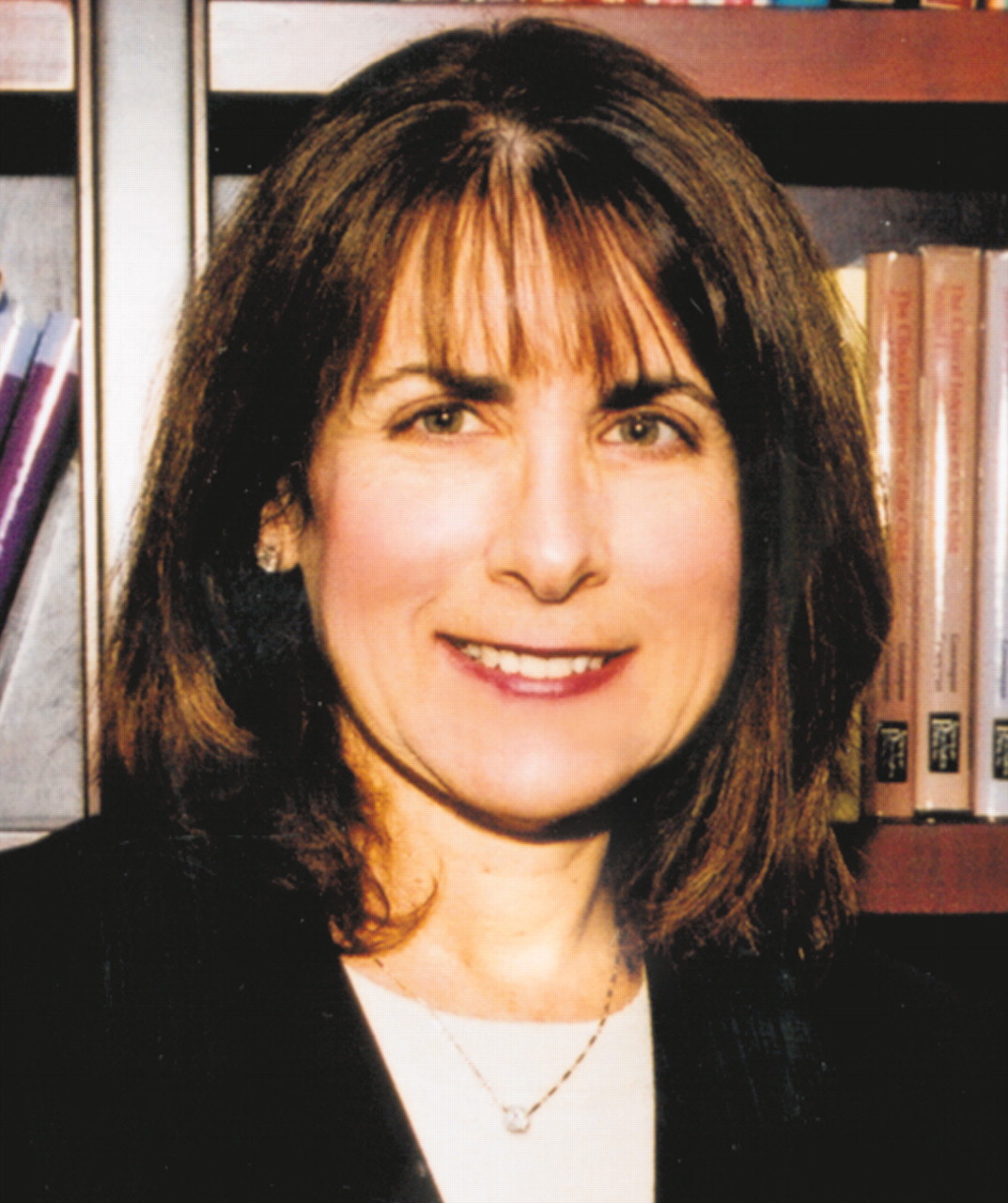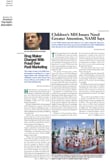The 18th PanHellenic Congress of Psychiatry was held on the island of Kos, the birthplace of Hippocrates, in May, and I, along with several other APA officers and colleagues, had the pleasure and privilege of attending and presenting at the scientific sessions as invited guests of the Hellenic Psychiatric Association.
The congress was organized under the auspices of the World Psychiatric Association (WPA), and President-elect Juan Enrique Mezzich, M.D., was able to demonstrate how important it is for APA to maintain close, strong linkages with our international colleagues. Our hosts, Prof. George Christodoulou, president of the Hellenic Psychiatric Association, and his wife, Gabriella, provided an incredibly warm atmosphere for an exciting, well-organized scientific meeting.
Among the APA leaders who attended and presented lectures and symposia were President-elect Steve Sharfstein, M.D., Vice President Pedro Ruiz, M.D., WPA Zonal Representative and former APA president Allan Tasman, M.D., and former APA treasurer Maria Lymberis, M.D. Other participants included Constantine Lyketsos, M.D., president of the Hellenic-American Psychiatric Association, and Peter Sifneos, M.D., Hagop Akiskal, M.D., I. Zervas, M.D., Uriel Halbreich, and Angelos Halaris, M.D.
There were 12 presidents of psychiatric societies from around the world, and we participated in a panel discussion on the future of psychiatry. It was interesting to compare and contrast the psychiatric issues being faced by leaders in such places as Eastern Europe and the Balkans, the Middle East, Turkey, Iraq, Israel, and South America. We discussed the differences in psychiatry residency training, measurement of residents' competencies, posttraumatic stress disorder in children and war victims, and diagnostic criteria.
One poignant aspect of the meeting was hearing from invited speakers from the Iraqi Society of Psychiatrists: President Mudhaffer Z. Al-Qassim, M.D., Secretary General Numan Ali, M.D., and Executive Committee member Wail Saleh Ariem, M.D. They told us of the hardships they endured to get to the meeting. Under constant watch, they had to travel through Jordan first. Their families worried constantly about them as they exited Iraq, while the psychiatrists worried about leaving their families at home.
The medical status quo in Iraq is abysmal. Hospitals have been destroyed, and supplies and resources are severely lacking. Psychotropic medications are in extremely short supply—there are only a few types of medications available and less than a week's supply on hand at a time. Equipment for electroconvulsive therapy and the needed anesthetics are not available. Education of students and residents cannot be provided in a setting of trauma and terror.
During our meeting with the Iraqi psychiatrists, we began developing a plan for how the World Health Organization, WPA, APA, and other organizations could offer support and help to our psychiatric colleagues in Iraq without endangering those whom we want to help.
I very much enjoyed presenting some of my work on cancer and distress and was pleased that two Greek pioneers in psychosomatic medicine, Dr. George Lyketsos (father of Kostas Lyketsos, M.D.) and Prof. Christodoulou were interested in looking at our newest ACGME-approved psychiatric subspecialty, psychosomatic medicine, and its implications for training, clinical care, and research in Greece. Dr. Lyketsos, in fact, was interested in translating the“ distress thermometer” that was developed by the National Comprehensive Cancer Network under the leadership of psychiatrist Jimmie Holland, M.D., into a tool that Greek psychiatrists and other clinicians could use.
This meeting was an excellent example of the importance of scientific collaboration with our psychiatric colleagues from around the world. Several of our APA members are active in the WPA, and through our APA Council on Global Psychiatry, chaired by Rodrigo Muñoz, M.D., it is hoped that we can continue to strengthen and develop mutual areas of interest with our international friends and colleagues. ▪

